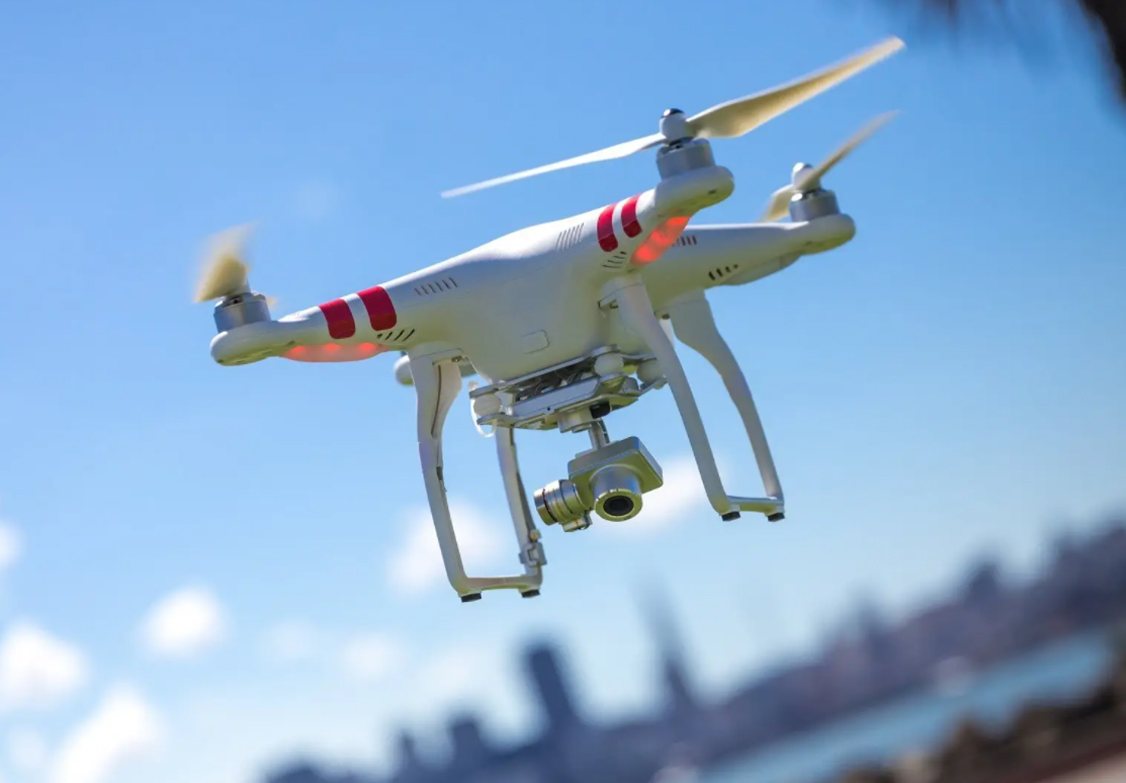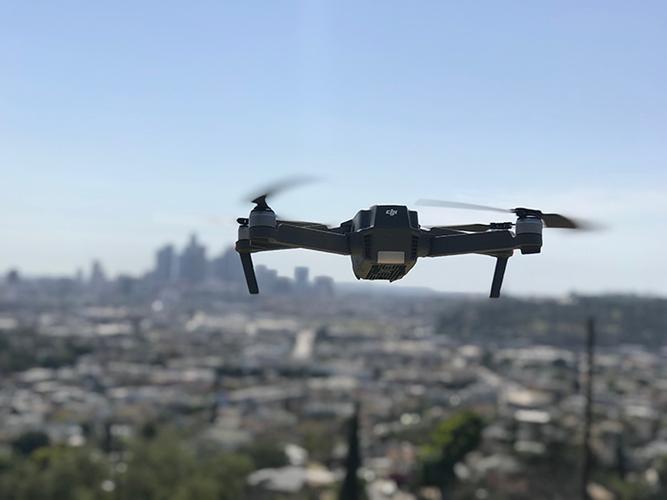In the context of modern agriculture, drone aerial spraying is unlocking tremendous potential for efficiency and precision. The advent of drone technology has revolutionized farming practices, allowing farmers to optimize the application of fertilizers, pesticides, and herbicides. Drones equipped with sophisticated spraying mechanisms not only ensure uniform distribution across vast expanses but also minimize waste. By deploying drones, farmers can target specific areas intelligently and reduce the environmental impact of over-spraying while improving crop yield.
Precision Agriculture and Drone Integration
The rise of precision agriculture has been synonymous with the integration of cutting-edge technology like drones. Equipped with GPS and data analytics systems, these drones can map fields with precision, enabling farmers to apply chemicals only where needed. This form of site-specific crop management reduces costs and enhances productivity.
Drones can carry multiple tanks to segregate different chemical solutions, allowing for varied applications in a single flight. Farmers, thus, can effortlessly switch between tasks, treating distinct crops or pest populations simultaneously, which significantly enhances operational efficiency.
The Environmental Impact and Sustainability Factors
The benefits of drone aerial spraying extend to environmental concerns such as pollution and chemical runoff. Traditional spraying methods often lead to substantial wastage, adversely affecting the surrounding ecosystems. Drones, on the other hand, employ advanced spraying techniques to mitigate such impacts. These unmanned aerial vehicles can navigate difficult terrains, ensuring minimal disruption to the soil.
Sustainability in agriculture is further promoted by drones due to their ability to use eco-friendly substances, reducing chemical footprints. Their efficient utilization of resources correlates with a decrease in carbon emissions, aligning with global environmental goals.
Technological Innovations and Future Prospects
The drone technology in agriculture continues to evolve, witnessing breakthroughs in automation and AI. These innovations promise enhancements in accuracy, speed, and operational simplicity. With the advancement of AI , drones can autonomously scan fields, identify pests using image recognition, and optimize the spraying process.
, drones can autonomously scan fields, identify pests using image recognition, and optimize the spraying process.
Future prospects suggest increasing drone adoption worldwide, supported by government policies favoring technological advancement in farming. Ultimately, drones symbolize the advent of a smarter agricultural future.
FAQ
- How do drones improve spraying efficiency?
Drones enhance efficiency by targeting specific areas and optimizing chemical usage, reducing waste and cost. - Are drones environmentally friendly?
Yes, they minimize chemical runoff and allow for the use of eco-friendly solutions, aligning with sustainability goals. - What are the future prospects for drones in agriculture?

The prospects are promising with AI advancements leading to more autonomous and precise spraying methods.